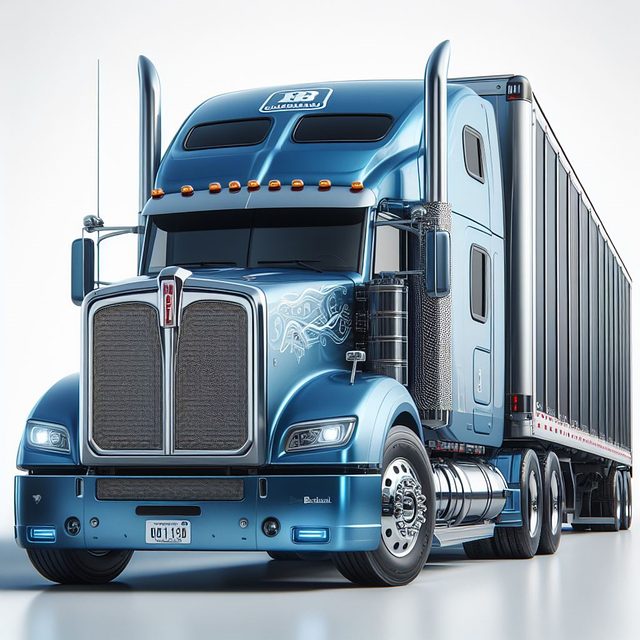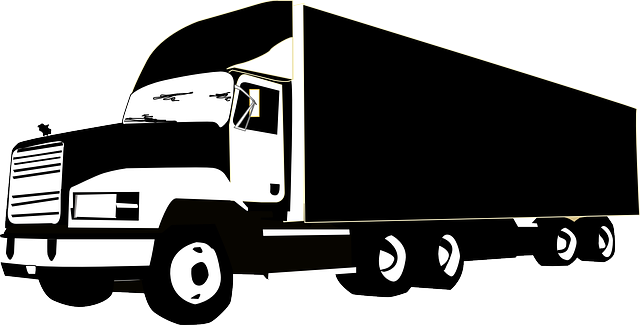Small businesses with truck fleets face unique risks on the road. Multi-truck policies offer tailored fleet insurance plans with specific coverage for multiple vehicles, including liability for fleets, physical damage protection, and cargo insurance. These policies help small business owners secure their assets at affordable rates, enabling them to focus on growth while mitigating financial vulnerabilities associated with fleet management.
In the intricate world of insurance, navigating multi-vehicle scenarios presents unique challenges for small businesses relying on truck fleets. This article delves into the complexities of resolving claims in such cases, focusing on multi-truck policies tailored to these enterprises. We explore different fleet insurance plans available in the market and the specific challenges they face during claim resolutions. Additionally, we provide strategic insights for efficient claim management and offer practical tips for securing affordable multi-truck policies, ensuring comprehensive coverage without compromising costs.
Understanding Multi-Vehicle Insurance Scenarios

Multi-vehicle insurance scenarios often involve complex dynamics and unique challenges, particularly for small businesses that operate a fleet of trucks. As these businesses expand, so does their exposure to risks associated with multiple vehicles on the road. Therefore, understanding the intricacies of fleet insurance plans is paramount. These plans are specifically designed to cater to the needs of small business owners by offering comprehensive coverage options tailored to their operations.
From liability coverage for fleets to physical damage policies, affordable multi-truck policies can significantly mitigate financial risks. For instance, cargo insurance ensures that valuable goods remain protected during transit, while comprehensive physical damage policies safeguard against accidents and other unforeseen events. By aligning with the specific requirements of small businesses, fleet insurance plans enable owners to focus on growth and efficiency, knowing their assets and operations are secured under robust coverage mechanisms.
– Defining multi-truck policies and their relevance to small businesses

Many small businesses, particularly those involved in transportation and logistics, operate multiple vehicles – a fleet, if you will. This presents unique challenges when it comes to insurance, as each vehicle may be subject to different risks and require specific coverage. Enter multi-truck policies, designed to offer comprehensive fleet insurance plans tailored to these needs.
These policies go beyond basic multiple vehicle coverage by providing targeted liability coverage for fleets, protecting against potential losses arising from accidents or damage to goods in transit. They also often include crucial physical damage policies that safeguard businesses from significant expenses related to vehicle repairs or replacements. For small business owners looking for affordable multi-truck policies, these tailored fleet insurance plans offer a balance between comprehensive protection and reasonable rates, ensuring their operations remain resilient and financially secure.
– Types of fleet insurance plans available in the market

Small businesses operating multiple vehicles, whether it’s a fleet of trucks or a variety of transport vehicles, face unique challenges when it comes to insurance. Luckily, the market offers diverse fleet insurance plans tailored to cater to these specific needs. One popular option is multi-truck policies, designed specifically for small business owners managing a fleet of trucks. These policies provide comprehensive coverage, often including liability protection against third-party claims and damage to the vehicles themselves.
When selecting an affordable multi-truck policy, businesses should consider their specific requirements. This could include liability coverage for any cargo carried, protecting against potential loss or damage during transport, as well as physical damage policies to safeguard against accidents and mechanical failures. Understanding these options will enable small business owners to make informed decisions when navigating the world of small business truck insurance, ensuring they are adequately protected in case of unforeseen events involving their fleet.
Challenges Faced in Claim Resolutions

In the complex landscape of multi-vehicle insurance, small businesses operating fleets of trucks face unique challenges when it comes to claim resolutions. One of the primary hurdles is managing diverse policy structures—multi-truck policies and fleet insurance plans—that often come with intricate conditions and exclusions. Ensuring that all vehicles and operations are adequately covered under a single policy can be a daunting task, especially for businesses with varying fleet sizes and cargo types. This complexity often leads to delays in claim processing, particularly when dealing with multiple vehicle coverage scenarios, where coordination between different insurance providers is required.
Furthermore, small business owners must navigate the waters of liability coverage for fleets and cargo insurance, both crucial elements in protecting against potential financial losses. Physical damage policies, while essential for fleet safety, may not always adequately address the unique risks associated with cargo transport, such as spoilage or contamination. Balancing these various coverages to create an affordable multi-truck policy that meets the specific needs of small businesses is a delicate process, requiring expert guidance to avoid gaps in protection and ensure prompt claim settlements.
In navigating the complex landscape of multi-vehicle insurance, especially for small businesses relying on fleet operations, understanding the nuances of different insurance plans is paramount. By choosing the right combination of multi-truck policies and fleet insurance plans, businesses can ensure comprehensive coverage, including liability protection, cargo insurance, and physical damage policies. This proactive approach not only addresses potential claim challenges but also fosters a robust safety net for small business truck insurance needs, enabling smoother operations and peace of mind in the face of unforeseen events.
